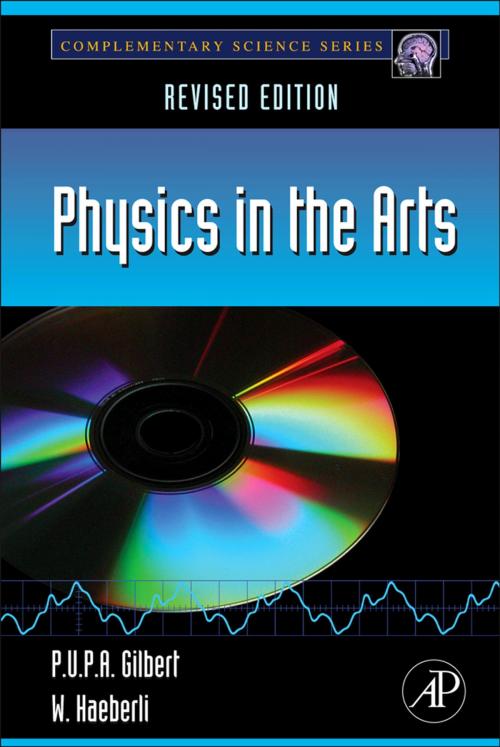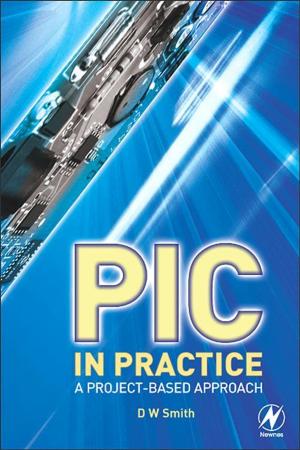Physics in the Arts
Revised Edition
Nonfiction, Science & Nature, Science, Physics, Waves & Wave Mechanics, General Physics| Author: | P.U.P.A. Gilbert, Willy Haeberli | ISBN: | 9780123918895 |
| Publisher: | Elsevier Science | Publication: | July 13, 2011 |
| Imprint: | Academic Press | Language: | English |
| Author: | P.U.P.A. Gilbert, Willy Haeberli |
| ISBN: | 9780123918895 |
| Publisher: | Elsevier Science |
| Publication: | July 13, 2011 |
| Imprint: | Academic Press |
| Language: | English |
Physics in the Arts is a concise, 328-page four-color entry in the Complementary Science Series, designed for science enthusiasts and liberal arts students requiring or desiring a well-developed discussion of physical phenomena, particularly with regard to sound and light. This book offers an alternative route to science literacy for those interested in the arts, music and photography. The material covered is at a level appropriate for self-study or as a complementary textbook.
A typical course on sound and light for non-science majors covers the nature of sound and sound perception as well as important concepts and topics including light and light waves, reflection and refraction; lenses; the eye and the ear; photography; color and color vision; and additive color mixing; subtractive color mixing. There are also discussions on color generating mechanisms; periodic oscillations; simple harmonic motion; damped oscillations and resonance; vibration of strings; Fourier analysis; musical scales; and musical instruments. Problems with solutions are presented. For teaching purposes, all figures in the book as well as hints on how to build labs are provided at http://www.elsevierdirect.com/companion.jsp?ISBN=9780123918789.
This book will be helpful to non-science students in courses related to the study of physics with light and sound.
- Offers an alternative route to science literacy for those interested in the arts, music and photography
- Popular science book with wide readership beyond the classroom at an accessible level
- Material covered at a level appropriate for self-study or as a complementary textbook
- For teaching purposes, all figures in the book as well as hints on how to build labs (including seven new labs in March 2012!)
Physics in the Arts is a concise, 328-page four-color entry in the Complementary Science Series, designed for science enthusiasts and liberal arts students requiring or desiring a well-developed discussion of physical phenomena, particularly with regard to sound and light. This book offers an alternative route to science literacy for those interested in the arts, music and photography. The material covered is at a level appropriate for self-study or as a complementary textbook.
A typical course on sound and light for non-science majors covers the nature of sound and sound perception as well as important concepts and topics including light and light waves, reflection and refraction; lenses; the eye and the ear; photography; color and color vision; and additive color mixing; subtractive color mixing. There are also discussions on color generating mechanisms; periodic oscillations; simple harmonic motion; damped oscillations and resonance; vibration of strings; Fourier analysis; musical scales; and musical instruments. Problems with solutions are presented. For teaching purposes, all figures in the book as well as hints on how to build labs are provided at http://www.elsevierdirect.com/companion.jsp?ISBN=9780123918789.
This book will be helpful to non-science students in courses related to the study of physics with light and sound.
- Offers an alternative route to science literacy for those interested in the arts, music and photography
- Popular science book with wide readership beyond the classroom at an accessible level
- Material covered at a level appropriate for self-study or as a complementary textbook
- For teaching purposes, all figures in the book as well as hints on how to build labs (including seven new labs in March 2012!)















